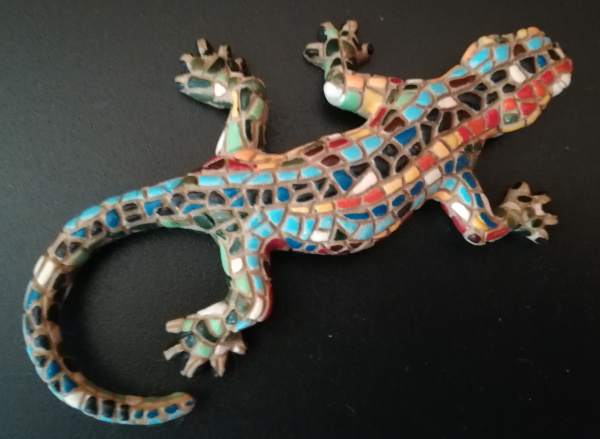Si trova su / Altri legami
© 2021 Author(s).Vapor phase infiltration (VPI) is a bottom–up process that involves the infiltration of polymers, often using atomic layer deposition compatible precursors. By exposing a polymer to an organo–metallic precursor, area selective material formation is achieved where the precursor reacts with regions covered by an infiltration–receptive polymer brush. Combining receptive and rejecting polymers that have the capability of forming complex nanopatterns could potentially allow for the creation of nanofeatures, offering a route to area selective deposition. This work is concerned with the creation and characterization of titanium–infiltrated films with a VPI process. Thin films of poly(methyl methacrylate) (PMMA) were infused with titanium isopropoxide and subsequently analyzed with angular resolved x–ray photoelectron spectroscopy. All XPS analysis and VPI treatments were completed without breaking vacuum in an integrated ultrahigh vacuum setup, with O 1s, C 1s, Ti 2p, and Si 2p core levels revealing the successful incorporation of titanium into the polymer. Grazing angle Fourier–transform infrared spectroscopy demonstrates the breaking of carbon–oxygen double bonds within the PMMA structure due to titanium incorporation.


